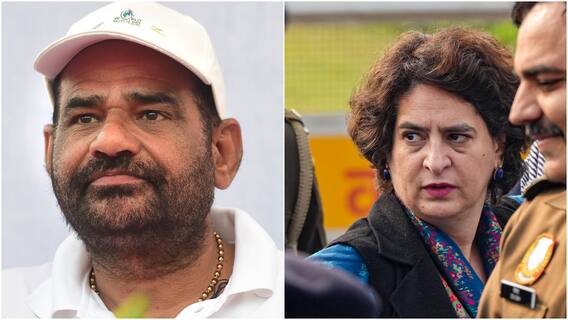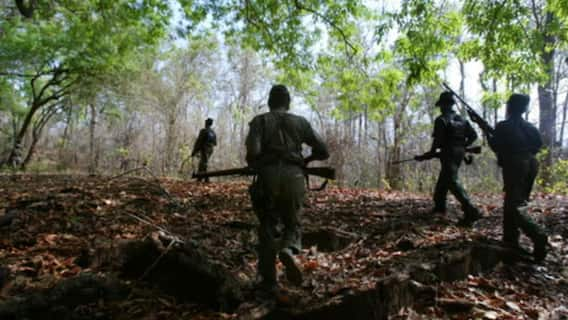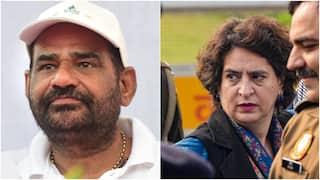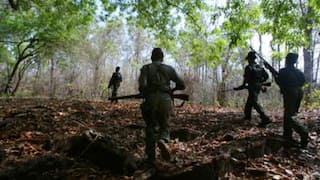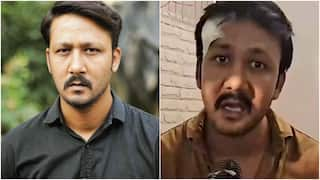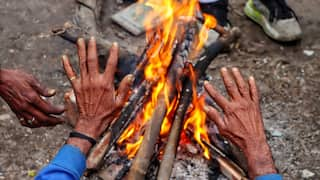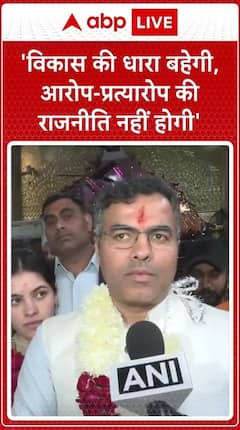Who Is Hassan Nasrallah, Hezbollah Chief Known As Most 'Powerful' Man In Lebanon
Hassan Nasrallah, the leader of Hezbollah, is a powerful figure in Lebanon who rarely appears in public. He is known for his charisma and ability to rally his supporters.

Armed militant group, Hezbollah's chief Hassan Nasrallah is Lebanon's "most powerful" man who enjoys a cult status among his Shiite supporters. He has rarely been seen in public since his Shiite movement fought a devastating 2006 war pitting his fighters against Israeli troops.
The residence of the 64-year-old is not known and the vast majority of his speeches in the last two decades have been televised from a secret location, as per an AFP report. His latest speech was aired on Thursday after hundreds of communication devices used by Hezbollah operatives exploded in an unprecedented attack that the group blamed on Israel.
Nasrallah is a gifted speaker who swings from humour to belittling his enemies to rage to fire up his 10,000-man militia.
The bearded, bespectacled cleric always dons traditional robes and a black turban and is married with four surviving children. His eldest son, Hadi was killed in 1997 during a military operation against Israeli troops in southern Lebanon.
Nasrallah rose to ranks among the armed group, being elected the secretary general in 1992 when he was just 32, succeeding Abbas al-Musawi who was killed in an Israeli helicopter gunship.
The Hezbollah chief got heavily involved in Lebanese politics after he was expelled from Iraq where he was studying politics and the Quran at a seminary in the Shiite holy city of Najaf. He was forced to leave the country in 1978 after the Sunni-dominated government turned on Shiite activists.
He acquired cult status in Lebanon and across the Arab world after Israel withdrew its troops from the southern part of the country under relentless Hezbollah attack in May 2000, ending 22 years of occupation of the border strip.
His popularity soared in the Arab region after a UN-brokered ceasefire ended the 2006 conflict with Israel. However, his reputation suffered a major blow during the Arab Spring in 2011 when he sent fighters to Syria to prop up President Bashar al-Assad's regime.
Trending News
Top Headlines










